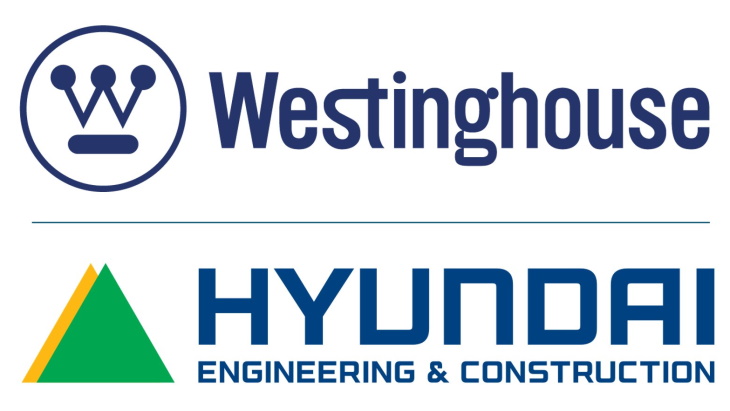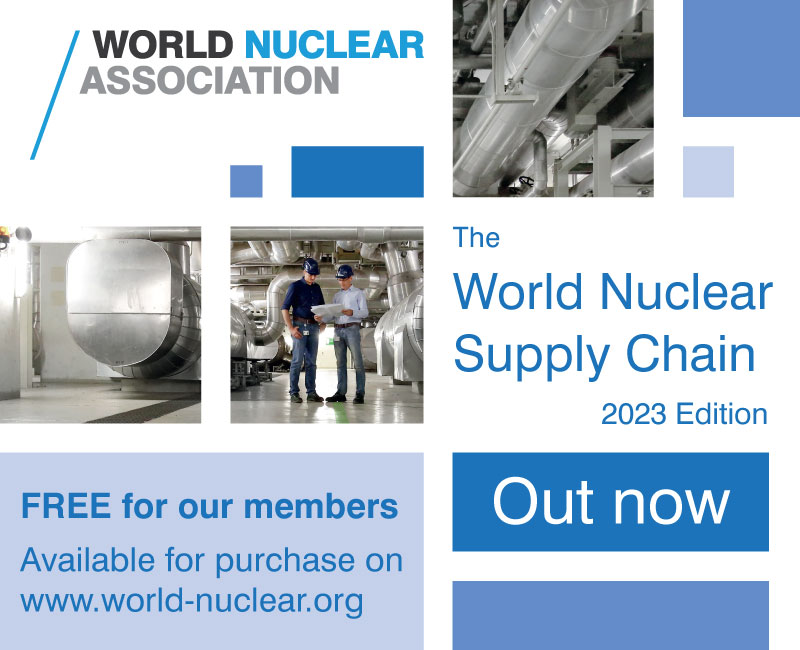SPIC and Westinghouse agree to cooperate
.jpg)
The integrated global cooperation framework MoU was signed on 6 November during the first China International Import Expo in Shanghai.
SPIC was established in May 2015 through the merger of China Power Investment Corporation and State Nuclear Power Technology Corporation. The company is one of China's top five power generators, with a total installed capacity of 126 GWe, including 4.48 GWe of nuclear power. It owns the Hongyanhe nuclear power plant in Liaoning Province, and the Haiyang and Rongcheng plants in Shandong Province.
SPIC did not disclose details of the MoU, but described it as of "great strategic significance".
"This MoU was based on the peaceful use of nuclear energy and involves cooperation between Westinghouse and SPIC in a number of nuclear energy businesses around the world," it said. The agreement covers "many corporations in China and the United States".
In September 2007, Westinghouse and its partner the Shaw Group received authorisation to construct four AP1000 units in China: two at Sanmen in Zhejiang province and two more at Haiyang. Construction of Sanmen 1 began in April 2009, while first concrete for Sanmen 2 was poured in December 2009. Construction of Haiyang 1 and 2 began in September 2009 and June 2010, respectively.
Unit 1 of the Haiyang plant attained first criticality on 8 August and was grid connected on 17 August. That unit began commercial operation on 22 October. Haiyang 2 - which was connected to the grid on 13 October - is expected to start up in early 2019.
Westinghouse filed for Chapter 11 bankruptcy protection with US courts in March 2017 to enable it to undergo strategic restructuring. The filing affected only its US operations, which included projects to construct four AP1000 reactors at two sites, Vogtle in Georgia, and VC Summer in South Carolina. On 4 January, it was announced that Brookfield Business Partners had agreed to acquire 100% of Westinghouse from Japan's Toshiba Corporation for about USD4.6 billion. On 1 August, Westinghouse announced completion of the sale, which marked its emergence from Chapter 11 as a reorganised company.
_59102.jpg)
_49833.jpg)











